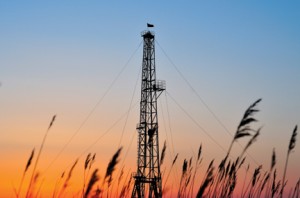 So, it turns out that cheap fossil fuels lead to more disposable income for middle class families. Go figure. Last week IHS, an Englewood-based market research company, published a study that affirmed what we knew all along: fracking and horizontal drilling will lead to cheaper fuel, more jobs, and more disposable income for Coloradans, just as many world-changing industrial developments have done in the past.
So, it turns out that cheap fossil fuels lead to more disposable income for middle class families. Go figure. Last week IHS, an Englewood-based market research company, published a study that affirmed what we knew all along: fracking and horizontal drilling will lead to cheaper fuel, more jobs, and more disposable income for Coloradans, just as many world-changing industrial developments have done in the past.
The report determined that the average family saved $1,200 in 2012 due to lower energy prices and lower prices for goods that rely upon fossil fuels, such as feedstock, and this savings will grow to $2,000 per year in 2015. Furthermore, the report predicted that there would be three million American jobs in the oil and gas industry by 2020, representing an industry growth rate of 76 percent over the next seven years.
We continue to be astonished by the stubbornness that Colorado Democrats continue to embrace by throwing roadblocks in front of the state’s most promising industry – costing middle class families thousands in the process.

“We have thousands of facilities impacted,” acknowledged Tisha Schuller with the Colorado Oil and Gas Association, an industry trade group. “We have thousands of wells impacted with anything from standing water to flowing water.” Who pays to clean this up? Is that a socialized cost, an externality, that we all get to pay for? Did IHS include socially borne costs, things like the impacts from the flood, and the myriad of others? How much has the benezene leak in Garfield Co cost in state regulator and other government time, not to mention impact to the land and water and air? If you want to talk 'sense' and if you are interested in rational discussion, then surely you must acknowledge that externalities need to go on the industry's bottom line and not be borne in a socialistic manner by the masses?